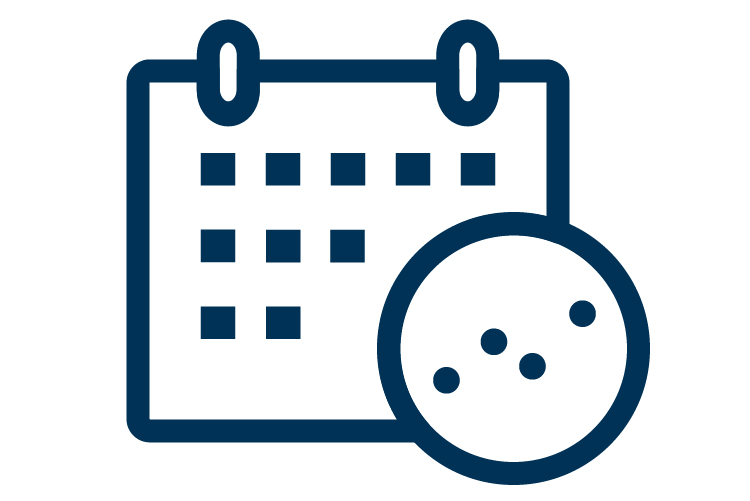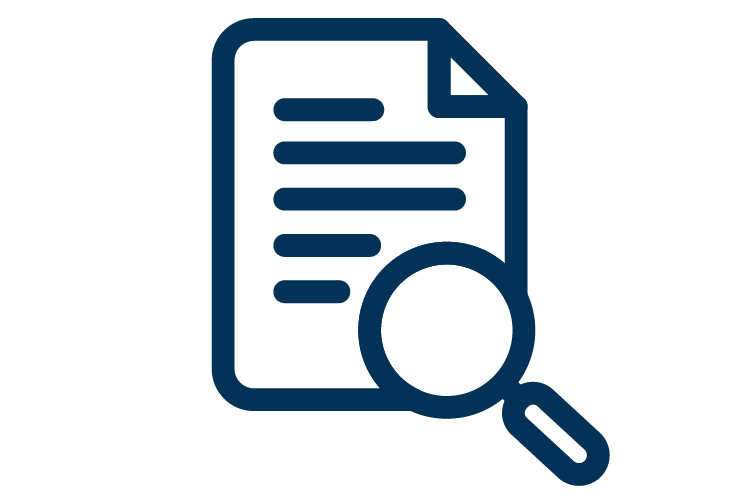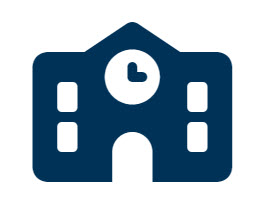
In This Issue
- February Monthly Message from the FDIC
- Money Smart and Paying for College
- Upcoming Money Smart Events
- Latest FDIC Consumer News Edition
- Tips and Techniques
February Monthly Message from the FDIC
February is National Youth Leadership month. The Federal Deposit Insurance Corporation (FDIC) celebrates and recognizes the importance of youth leaders. The FDIC developed the Money Smart for Young People and Money Smart for Young Adults curricula to teach basic financial topics to clubs, schools, young people and young adults in the community.
For more information on youth leadership programs, and available resources, please see below:
- Money Smart Guide to Organizing A Reality Fair
- Money Smart News For Kids
- Consumer Financial Protection Bureau (CFPB) – Youth Financial Education
- National 4-H Conference
Use Money Smart in February and join us on social media using the #FDICMoneySmart to show us the Money Smart products in action!
Money Smart and Paying for College
Thinking about summer deadlines is hard to do in cold weather. However, if you are assisting young adults with federal student aid, you know that deadlines comes very quickly. While some state deadlines for college grants and loans may be different, the final deadline for federal student aid for the 2024-2025 school year is June 30, 2024.
As you assist in helping upcoming college students with financial aid, you may want to consider some of the Money Smart for Young Adults modules to help you. The following are good introductions into student loans and money management while in college. Keep in mind the bankable moments your students may encounter: funds from graduation, wages from a summer job, scholarships, grants, and loan funds. Especially keep in mind those funds the student receives all at once, but that need to last through the entire school year. The modules for Money Smart for Young Adults include: determining financial products, services and provides; defining and setting financial goals; creating a savings and spending plan; building your credit history, borrowing basics, protecting your money and your identity, paying for education or training; and living on your own.
How Money Smart Are You? courses, especially Credit Reports and Scores, Borrowing Basics, Using Cards, and Managing Debt, can help you teach as your students play.
You may also find valuable information for young adults in the following FDIC Consumer News articles: August 2023 Credit Cards for Young Adults, April 2022 Smart Money Management for Young Adults, and January 2020 Thinking About Upcoming College Expenses.
Whichever Money Smart you use to assist upcoming college students with their finances, keep bankable moments in mind. If you have an innovative way to get your participants active in bankable moments, let us know at MoneySmartNews@fdic.gov. We would be happy to feature your business in an upcoming Money Smart Newsletter.
Upcoming Money Smart Events
Visit Money Smart Training and Events for information on how to register for our upcoming events.
Latest FDIC Consumer News Edition
The February 2024 edition of the FDIC Consumer News is “Don’t Get Schooled, Get Educated on Student Loans.” The article offers advice on how to pay for higher education. Read the full article here.
Tips and Techniques
Members of the Association of Federal Deposit Insurance Alumni have taught Money Smart since its inception. Their tip for teaching Money Smart is to RESPOND-REVISE-REVIEW-REFRESH your classes.
RESPOND. If instructional venues where you are teaching have program coordinators, ask that they provide feedback, separate from survey or feedback forms associated with your session. RESPOND with changes to your presentation to improve your audience reach.
REVISE. REVISE your presentation to include instructional material, means, or methods that will better engage your audience. For example, in response to a program coordinator’s view that students are “visual” learners, include short videos emphasizing or detailing the subject. Additionally, the FDIC “How Money Smart Are You” modules can be used to emphasize a single point to complement slide presentations.
REVIEW. Modify session feedback forms or surveys to include specific questions about how the students respond to different teaching tools. For instance, a sample question could ask, “My learning experience is best achieved through; 1) Slide Presentations with Instructor Explanation, 2) Short Videos Explaining the Topic, 3) “How Money Smart Are You” game segments, 4) Multiple choice quizzes about the primary takeaways from the session.” Requesting and completing a REVIEW of the surveys can enhance the quality of your presentation.
REFRESH. Instructors who seek as much feedback as possible can REFRESH and improve any portion or segment of their presentations.
You can reach Scott Taylor at the Association of Federal Deposit Insurance Alumni at moneysmart@afdica.com for any questions you may have. If you have any tips or techniques that worked particularly well for you and you would like to share them, email us at MoneySmartNews@fdic.gov. We may use them in an upcoming newsletter.
Current Newsletter:
Additional Links

Money Smart Alliance
Learn, collaborate and grow with FDIC’s recognized organizations that use Money Smart.

Teacher Online Resource Center
Here you will find tools to help you teach financial education including lesson plans, videos, and other resources

Train-the-Trainer Program
Provides guidance with videos, workshops, and webinars

Training & Events
Announcements of upcoming Money Smart events for Train-the-Trainer and Small Business events


